Sri Lanka is generally considered safe for tourists today. The government has taken various measures to ensure the safety and well-being of foreign visitors. However, it is always a good idea to review the safety guidelines and prepare for your trip to Sri Lanka. In this article, I will tell you what to prepare for, what rules to follow, and what to avoid to have a trouble-free and enjoyable holiday in Sri Lanka.
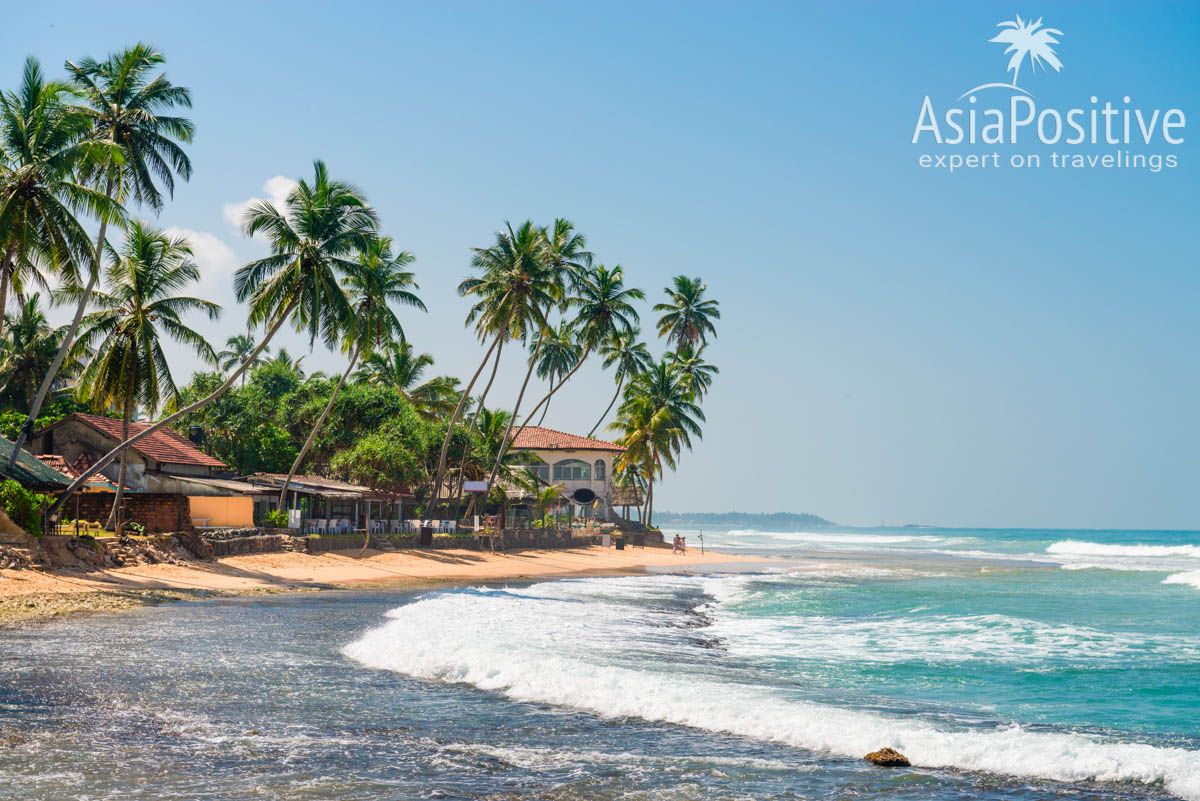
The content of the article:
Essential Preparation: Medical Insurance
Every traveler should have medical insurance. Free public healthcare in Sri Lanka is limited, reflecting the country’s economic challenges. Private medical clinics offer reasonably good quality services, but they can be expensive. For example, a doctor's visit cost me $200.
No one wants to fall ill or step on a sea urchin, but such mishaps can happen. Ensure you buy comprehensive travel insurance and pay attention to its coverage. If you bought a package tour to Sri Lanka, insurance might be included, but it is usually minimal and may not cover incidents if you have consumed any alcohol. Read the insurance conditions carefully.
Medical insurance for a trip to Sri Lanka should cover:
- Emergency medical care expenses
- Medical assistance for animal bites, insect bites, jellyfish stings
- Trip cancellation due to illness
- Emergency care for chronic diseases, especially important for older tourists
- Active recreation, such as diving, surfing, and kiting, if you plan such activities for your vacation.
For instance, I purchased TripInsurance for my family for all our trips to Sri Lanka. It covered all expenses when my son fell ill.
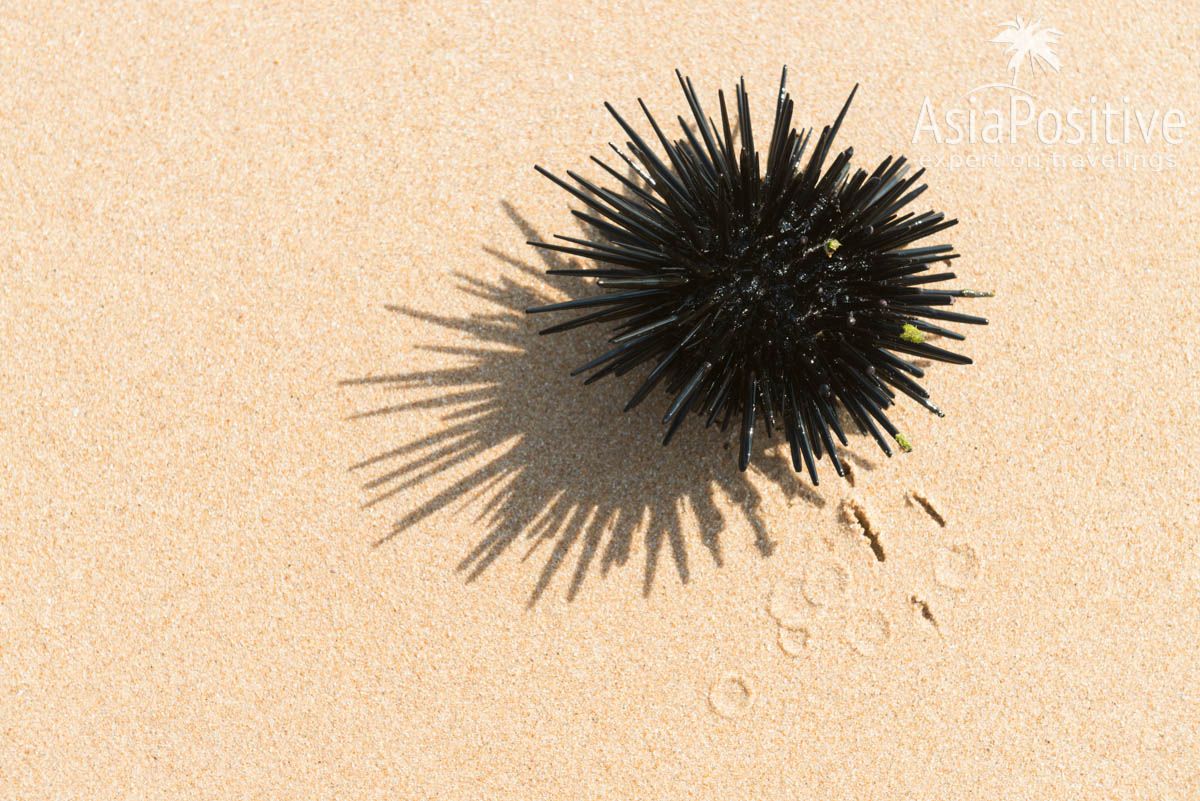
Vaccinations and Health Precautions
No special vaccinations are required to travel to Sri Lanka. There are no recorded cases of malaria or yellow fever.
But check when you last had a tetanus shot. Let me remind you that adults should be vaccinated every ten years, regardless of whether they go on vacation to Sri Lanka or to dig potatoes in the garden.
Safety Rules While on Holiday in Sri Lanka
The following guidelines are relevant for most tropical Asian countries, not just Sri Lanka.
What should we avoid to do in Sri Lanka? You will find the answer in the article What Not to Do in Sri Lanka.
1. Stay Informed
While on vacation, keep up with the news at least once every three days. In case of political unrest or natural disasters, have your country's embassy and emergency contacts on hand:
- 119 - Police
- 110 – Ambulance / Fire & rescue
For constant internet access, buy an eSim before your trip or a 4G SIM card from a local mobile operator at Colombo airport.
2. Transport and Road Safety
Book official transfers and taxis in advance.
I advise all my friends to book a transfer from the airport to the hotel and back in advance. I had a horrible experience at Colombo airport when I encountered a completely inadequate driver with a technically faulty car at the official taxi counter.
When using tuk-tuks, agree on the fare in advance or ensure the meter is working.
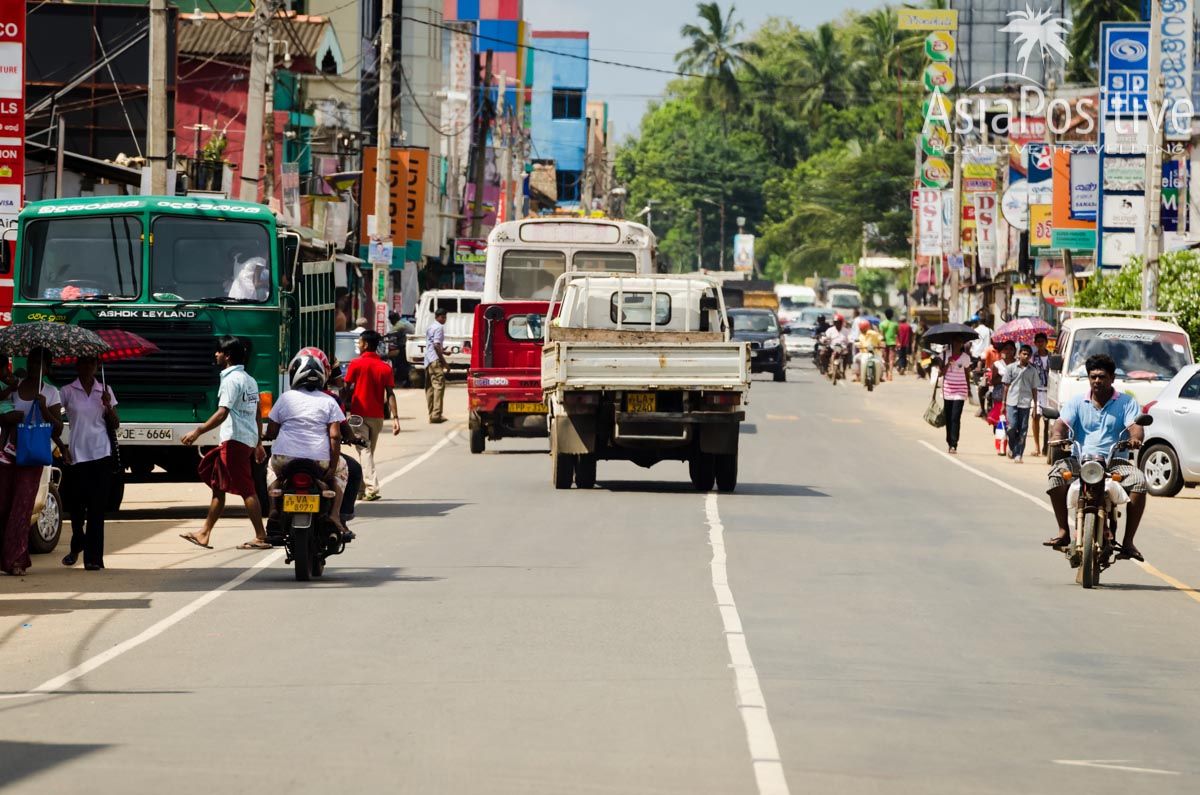
When planning trips longer than 70 km, consider booking a transfer through Intui Travel or 12Go Asia.
Of course, you can order a taxi at the hotel. But there is a high chance that they will send you a friend/matchmaker/brother of the hotel administrator in a vehicle that does not meet your needs.
Be cautious when crossing streets. Remember in Sri Lanka, the larger vehicle has the right of way. Drivers do not stop to allow pedestrians to pass.
I want to remind those who like to take photos leaning out of the train that you can die this way. Don't risk your life for likes on social media.
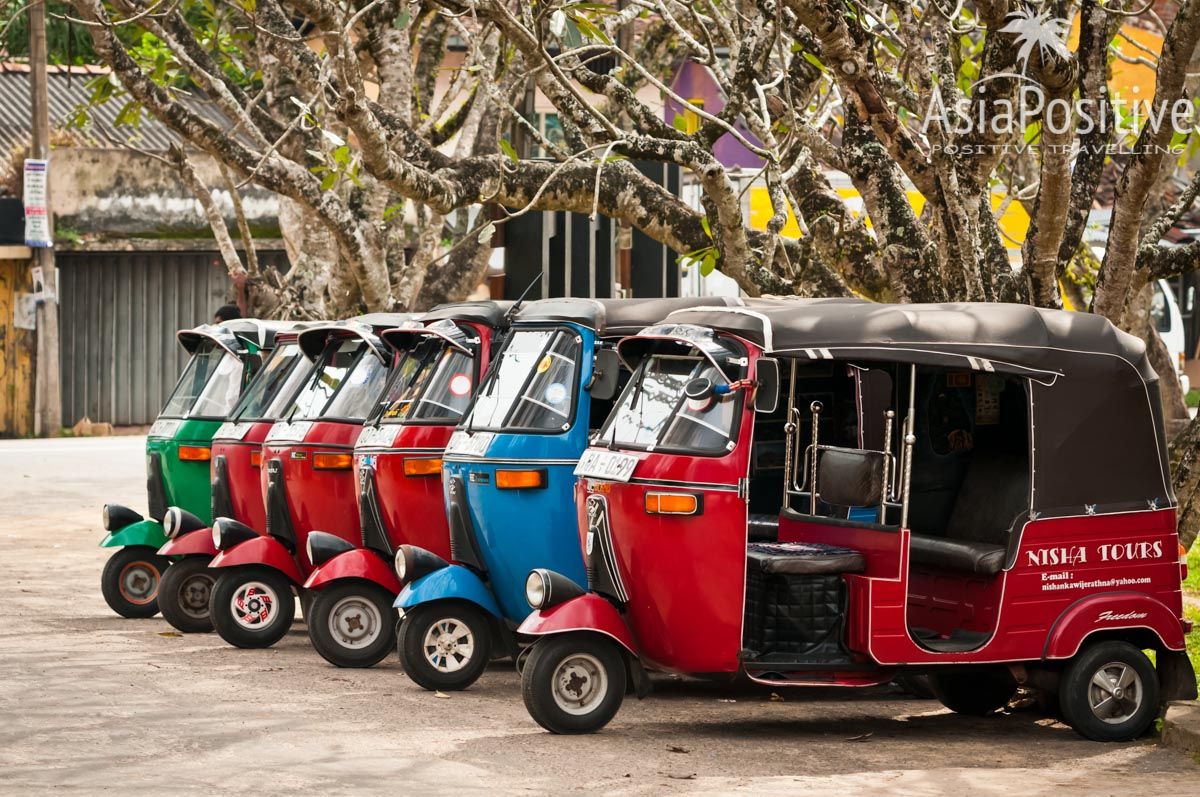
3. Protect Valuables
Be aware that there is a risk of crime in Sri Lanka, particularly theft and robbery targeting tourists who carry large amounts of cash.
For many local Sri Lankans, a few hundred dollars is a significant amount that may require several months of work to earn. The temptation to exploit tourists for personal gain is high, leading to occurrences of theft, even among hotel staff.
Tip: Store valuables in the hotel safe box, minimize cash using bank cards, and pay online for excursions, hotels, transfers, and train and bus tickets.
It is better to leave jewellery at home. You won't need them in Sri Lanka.
Close the windows when you leave your room. An open window invites thieves and monkeys to enter.
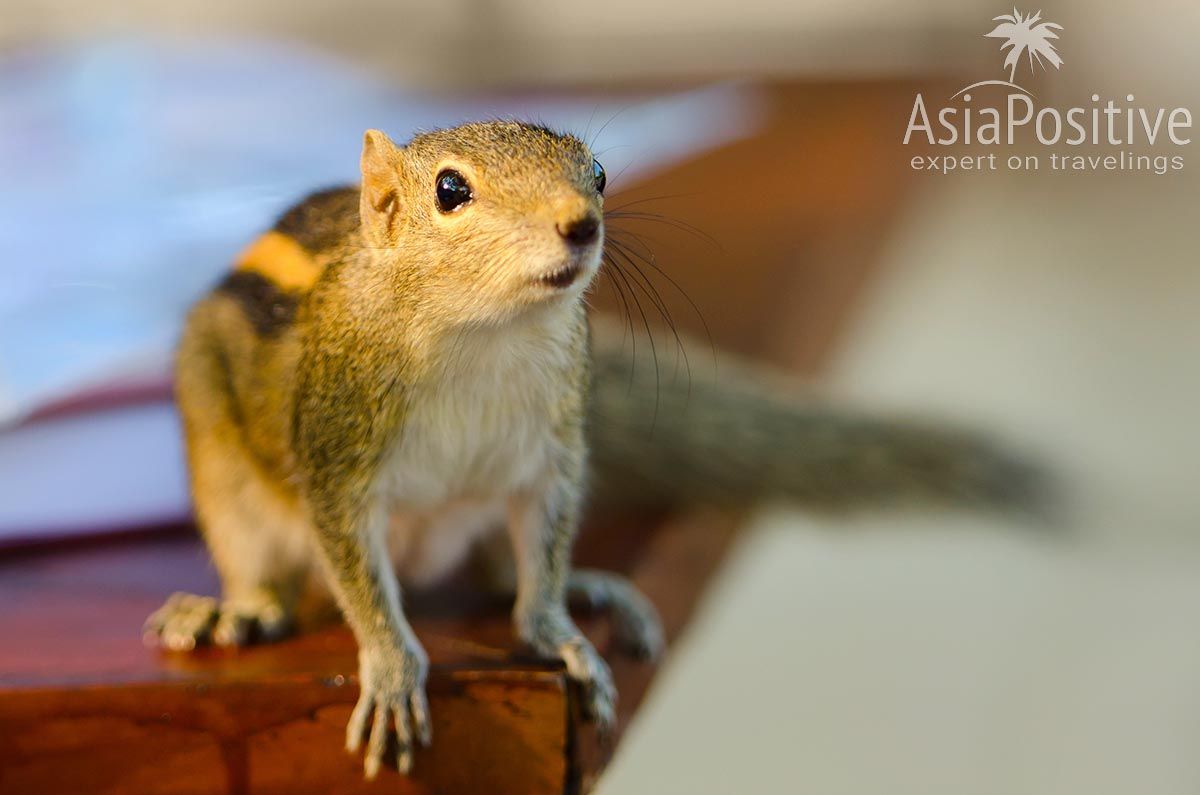
4. Avoid Political Demonstrations
Although the situation in Sri Lanka has stabilized recently, avoid political gatherings or protests to stay safe.
5. Interactions with Wild Animals
Sri Lanka’s wildlife is one of its attractions, but wild animals can be dangerous.
Do not feed, pet, or approach wild animals, including feral dogs.
If you are bitten or scratched, seek medical attention immediately.
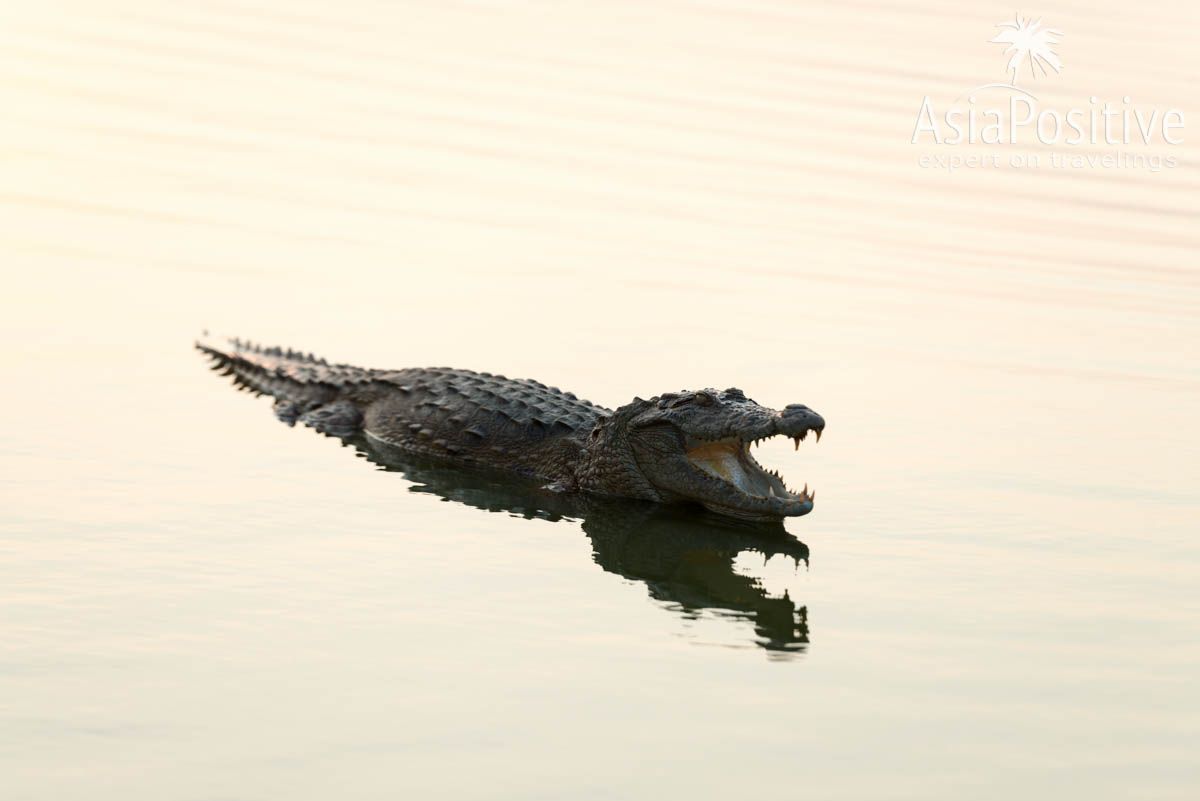
6. Stay Hydrated and Protect Yourself from the Sun
The tropical climate can lead to dehydration and severe sunburn.
Drink plenty of water (at least 2 liters per day), use sunscreen, and wear a hat.
Apply sunscreen before leaving your hotel room and reapply as needed.
Tips: If you feel a headache, it may be a sign of dehydration.
7. Avoid Food or Water Poisoning
Drink only bottled water and avoid adding ice to drinks.
When dining out, pay attention to the cleanliness of the establishment.
Street food can be safe if the vendor appears clean, but be cautious with spicy food.
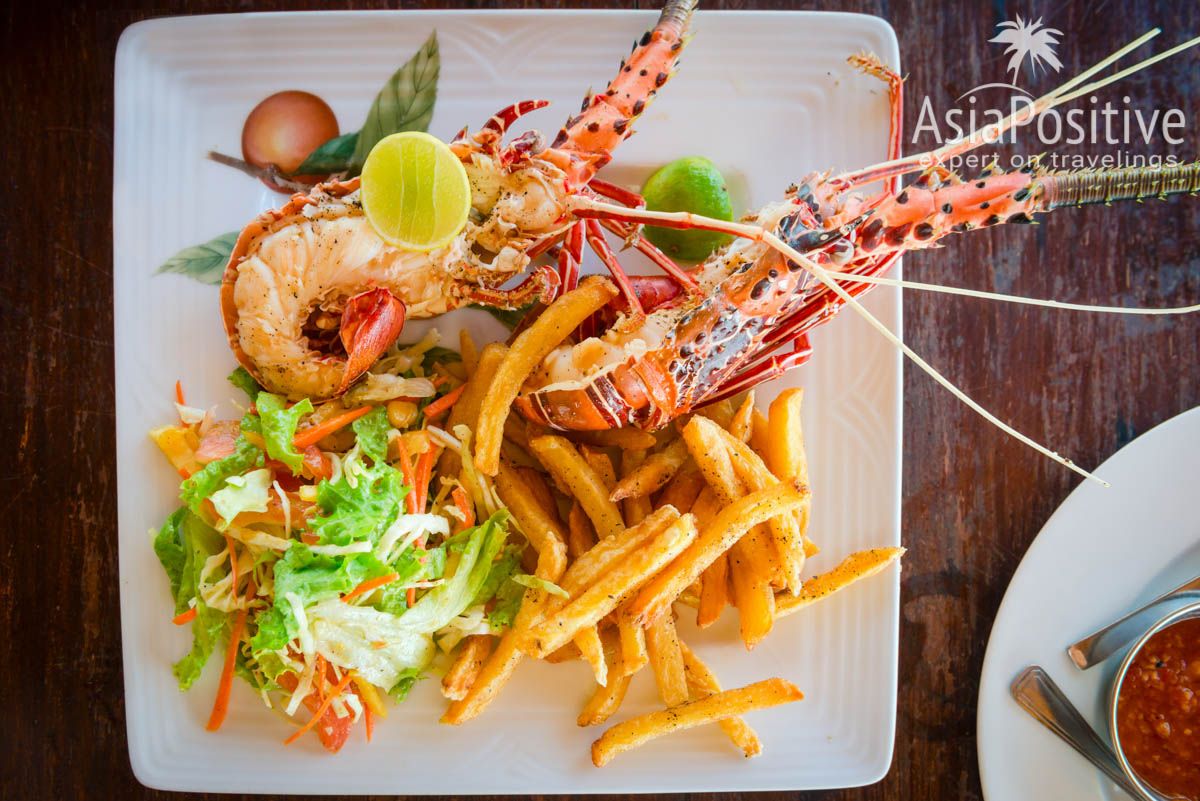
8. Protect Yourself from Mosquito Bites
Mosquitoes in tropical countries can carry Dengue fever, which is common in Sri Lanka.
Use mosquito repellent, and local stores sell effective sprays with Lemongrass.
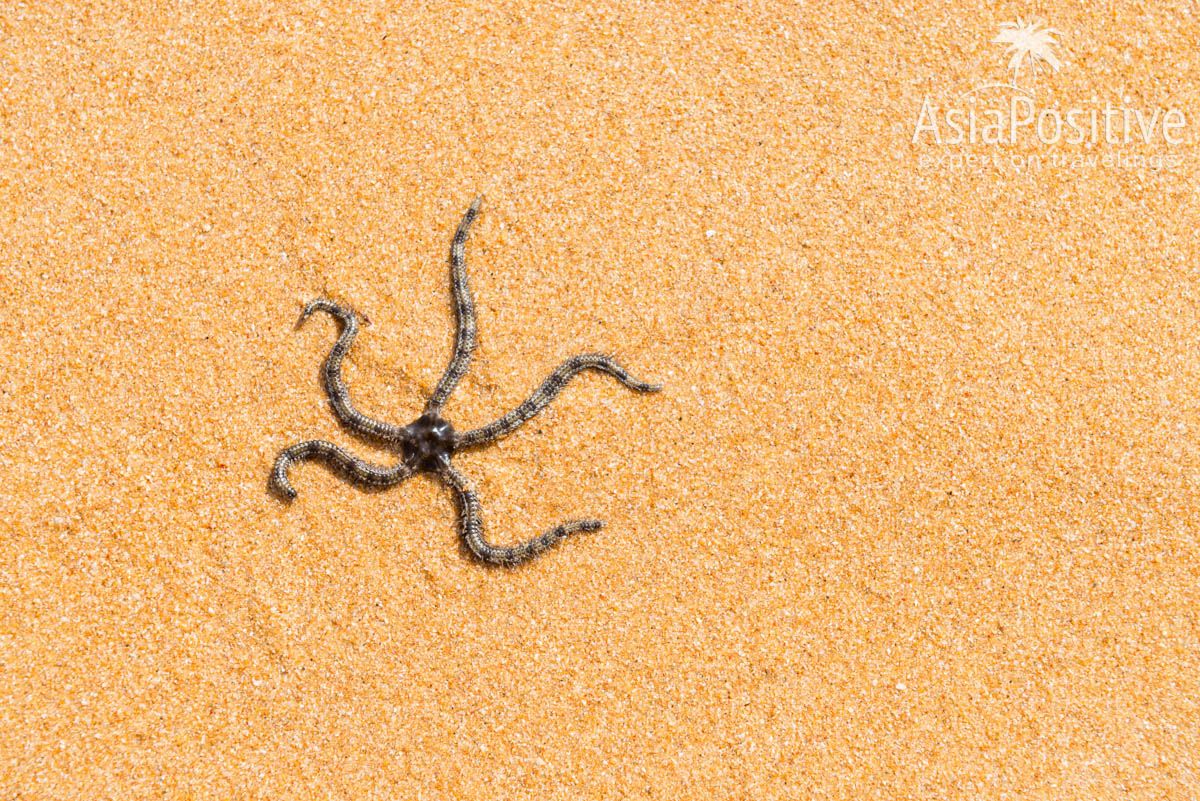
Special considerations for women traveling alone
Men in Sri Lanka believe that white women are easily accessible. They can see this in many films and TV series. If a white woman walks along the beach alone, then for a local man, she is looking for adventure, i.e. relations with the locals.
To avoid unnecessary adventures and harassment:
- Try to avoid walking alone, it's safer to have a companion, preferably a man.
- Stay away from deserted and poorly lit areas, especially in the evening and at night.
- If someone harasses you, do not smile or show any sign of approval of favour,
- Avoid traveling in 3rd class train carriages and consider buying train tickets in the 1st or 2nd class.
Remember this: The key rule to prevent harassment is to not give any indication that you are interested in communicating. Avoid engaging in conversation, making eye contact, or shaking hands. Just continue with your activities as though the person trying to communicate with you is not there.
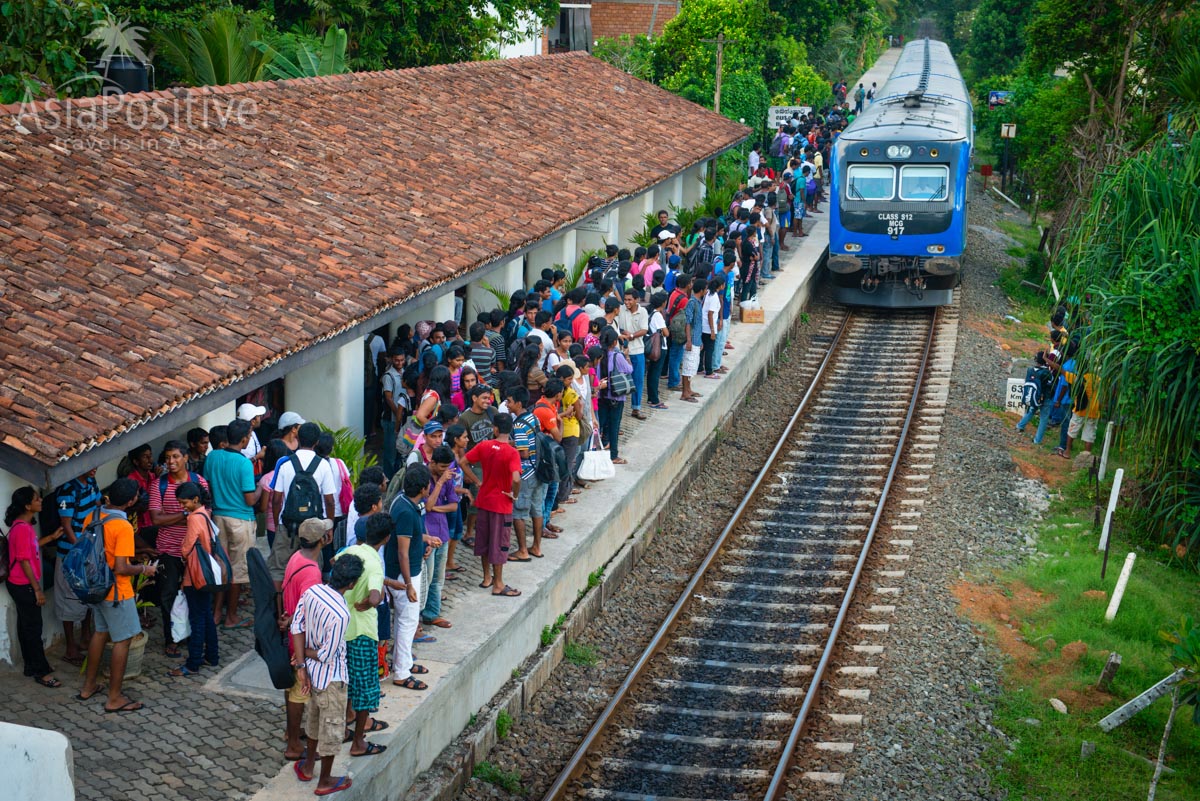
Final Thoughts
Sri Lanka is a beautiful and hospitable country with much to offer. By following these basic safety rules, you can enjoy a wonderful holiday and bring back beautiful photos and pleasant memories. And who knows, you might find yourself planning another trip to Sri Lanka soon!

